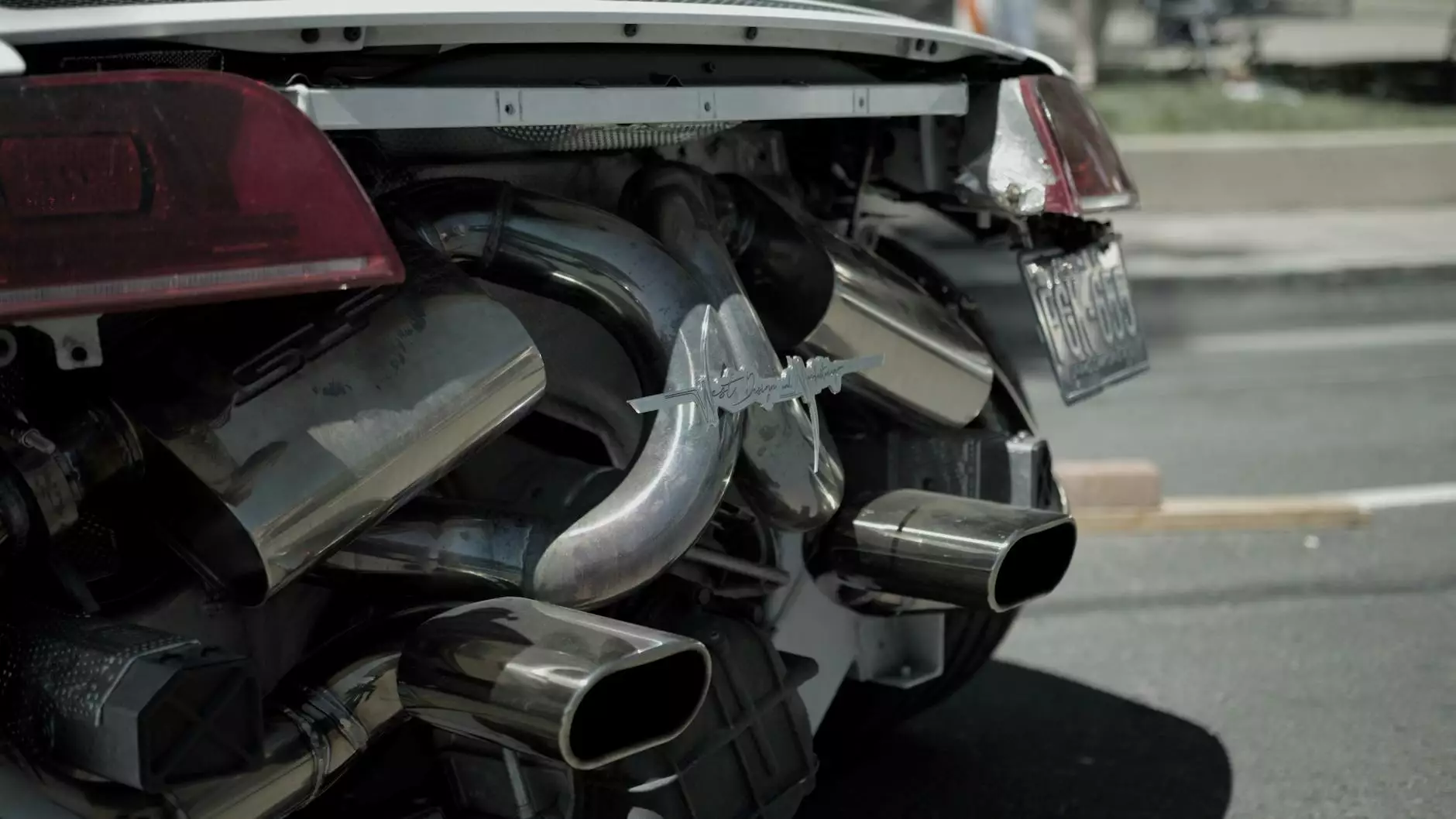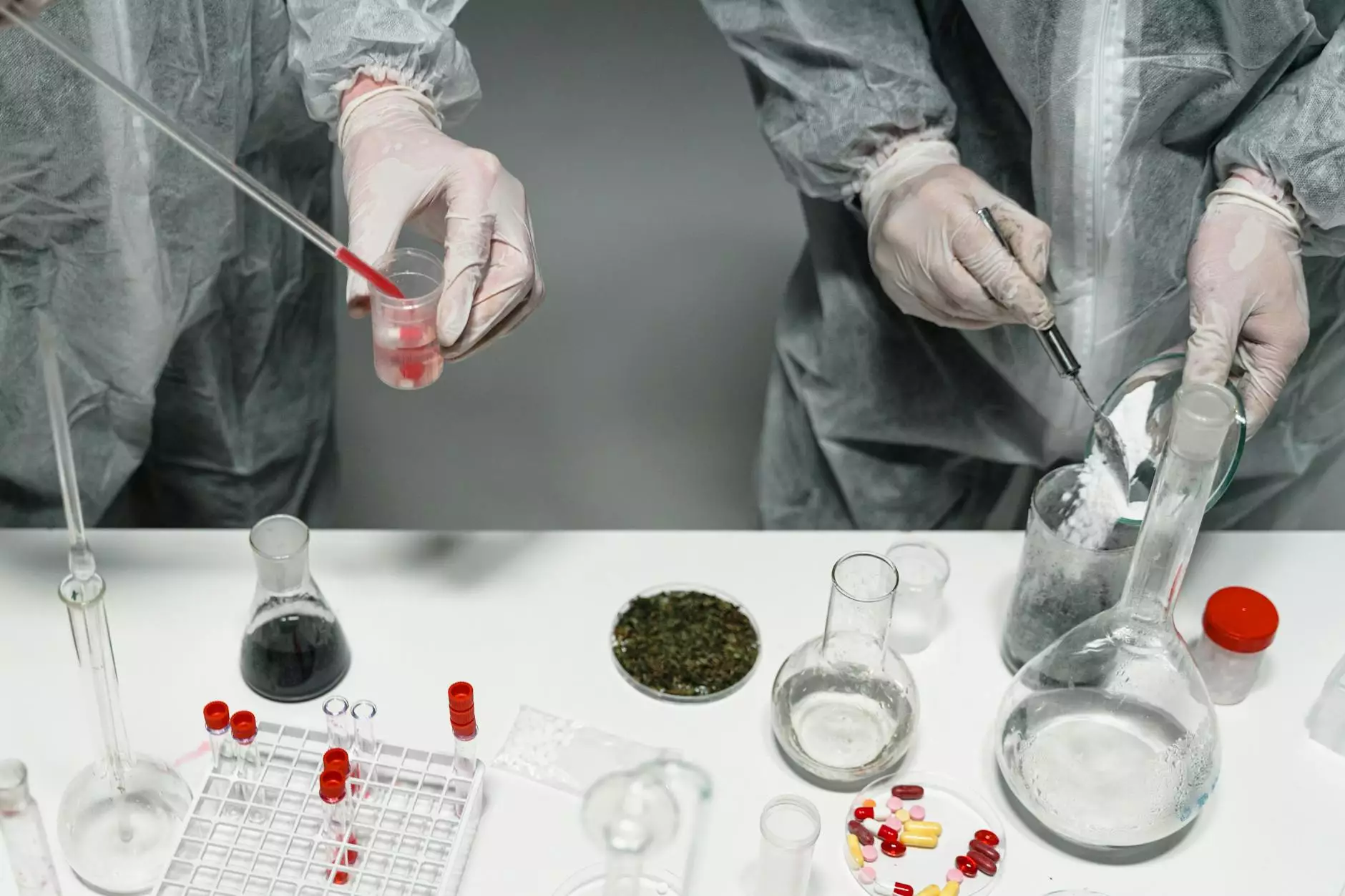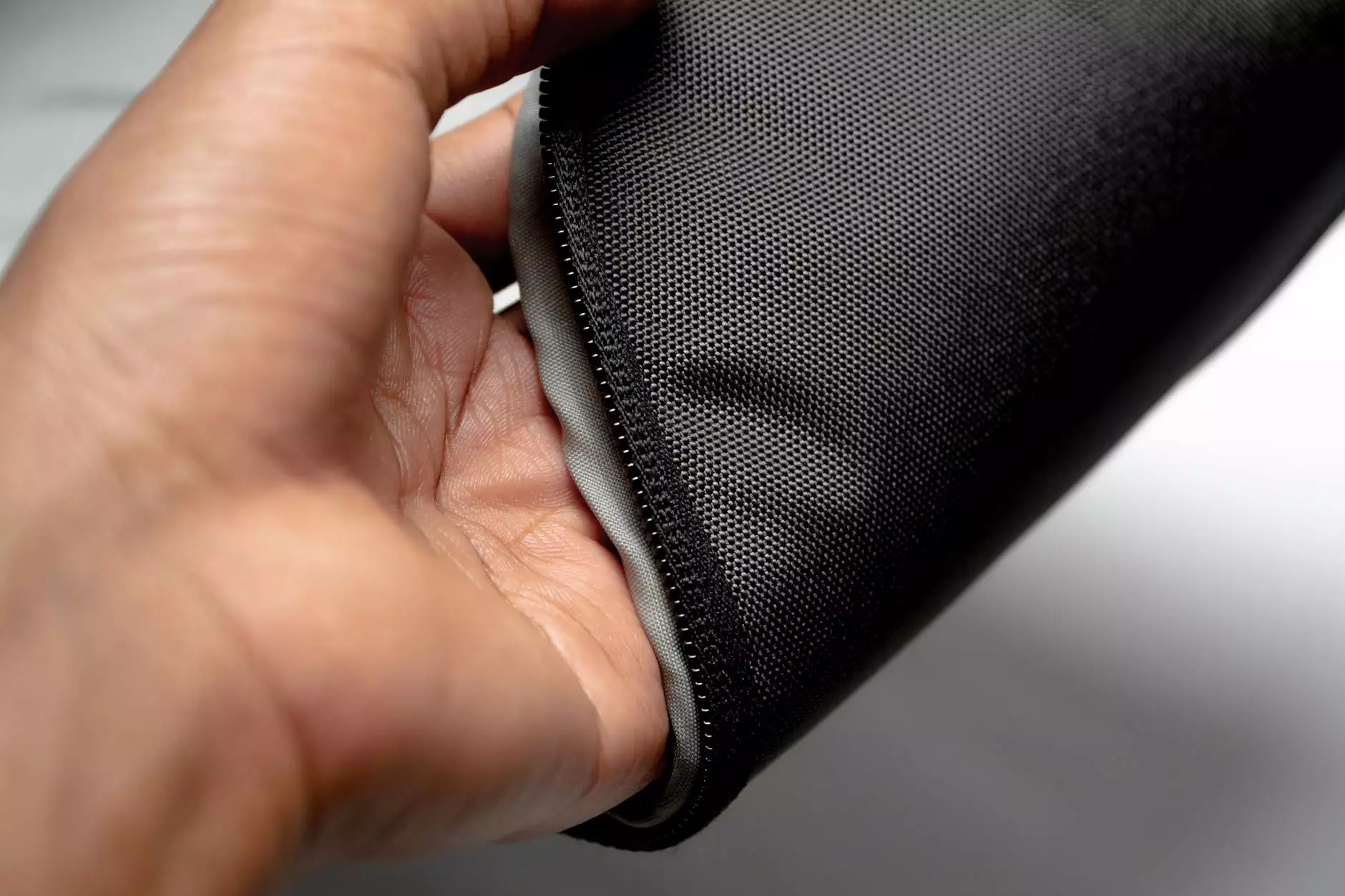The Comprehensive Guide to the Cost of Arthramid for Horses

When it comes to equine health, ensuring that your horse receives the best possible treatment is paramount. One treatment option that has gained popularity among horse owners and veterinarians is Arthramid. This innovative product is designed to support joint health for horses suffering from joint issues or injury. In this article, we will explore in detail the cost of Arthramid, its benefits, usage, and where to purchase it.
What is Arthramid?
Arthramid is a unique injectable treatment made from a biocompatible polymer. It is primarily used for alleviating joint pain and enhancing the quality of life of horses with osteoarthritis or other joint-related problems. As a non-steroidal treatment, it acts by providing cushioning and lubrication within the joint, making it a vital component in managing chronic joint conditions.
Benefits of Arthramid
Choosing the right treatment for your horse is crucial, and Arthramid offers several notable benefits:
- Long-lasting Relief: Arthramid provides extended pain relief, often lasting for several months after administration.
- Reduced Inflammation: This treatment helps to minimize inflammation, leading to improved mobility in affected joints.
- Enhanced Quality of Life: Horses receiving Arthramid often show significant improvements in their overall well-being and activity levels.
- Minimally Invasive: As an injectable treatment, Arthramid reduces the need for invasive surgical options.
- Fast-Acting: Many horse owners notice quick improvements in their horse's condition after receiving Arthramid.
Understanding the Cost of Arthramid
The cost of Arthramid can vary significantly based on various factors, including veterinary fees, geographic location, and the specific needs of the horse. Below is a detailed breakdown of the costs associated with Arthramid:
1. Average Price Range
On average, the cost of Arthramid ranges from $400 to $800 per treatment session. This cost typically includes:
- The medication itself
- Veterinary consultation and examination
- Administration of the drug
2. Factors Influencing Cost
Several factors can influence the overall cost of treatment with Arthramid:
- Geographic Location: Prices can vary depending on the region and local competition among veterinarians.
- Veterinary Clinic: Some clinics may charge more due to specialized services or advanced facilities.
- Additional Treatments: If your horse requires supplementary therapies, this can increase the overall cost.
Where to Buy Arthramid
Arthramid can typically be obtained through your veterinarian or specialized equine clinics. However, for those looking to purchase online, KI Horse Med provides a reliable option. Here are some steps to follow when purchasing Arthramid:
- Consult with your veterinarian to determine if Arthramid is suitable for your horse.
- Visit KI Horse Med to explore options for purchasing Arthramid.
- Check if the clinic offers packages that include consultation and administration to streamline the process.
- Be sure to inquire about any ongoing promotions or bulk purchase discounts.
Comparing Costs: Arthramid vs. Other Treatments
When dealing with joint issues in horses, it's essential to compare treatment options to ensure you're making the best choice. Here’s how Arthramid stacks up against other common treatments:
1. Corticosteroids
Corticosteroids are often used to treat joint inflammation and pain. While they can be effective, they typically have side effects and a shorter duration of relief compared to Arthramid. Treatment costs for corticosteroids can vary but generally range from $300 to $700 per injection.
2. Hyaluronic Acid
Hyaluronic acid injections are another common treatment for joint issues in horses. They provide lubrication and can enhance mobility, with treatment costs also typically between $300 and $800. Arthramid, however, offers longer-lasting effects, making it a more attractive option in some cases.
3. Joint Supplements
Oral joint supplements, such as glucosamine and chondroitin, can cost anywhere from $30 to $200 monthly. While helpful for long-term management, they are less effective than injectable treatments like Arthramid in the short term.
Maximizing the Value of Your Investment in Arthramid
Investing in your horse's joint health through Arthramid treatment is essential. Here are some strategies to maximize the effectiveness and value of your investment:
1. Regular Veterinary Checkups
Schedule regular checkups with your veterinarian to monitor your horse’s joint health and assess the continued effectiveness of Arthramid. Early detection of any issues can save you money on more advanced treatments later.
2. Comprehensive Care Plan
Create a comprehensive care plan that includes appropriate nutrition, exercise, and routine joint care. This holistic approach can enhance the effectiveness of Arthramid treatments.
3. Monitor Your Horse's Condition
Keep detailed records of your horse’s mobility, pain levels, and overall behavior post-treatment. This data can help you and your veterinarian make informed decisions about future treatments and adjustments to your care plan.
Conclusion
Understanding the cost of Arthramid and its benefits is crucial for any horse owner. Arthramid provides a reliable, effective treatment option for horses suffering from joint issues, offering long-lasting relief and improved quality of life. By consulting with your veterinarian and considering all aspects, including cost and care strategies, you can ensure your horse remains healthy and active for years to come.
For more information on acquiring Arthramid and other equine health products, visit KI Horse Med at kihorsemed.com and take the first step toward enhanced horse health.









